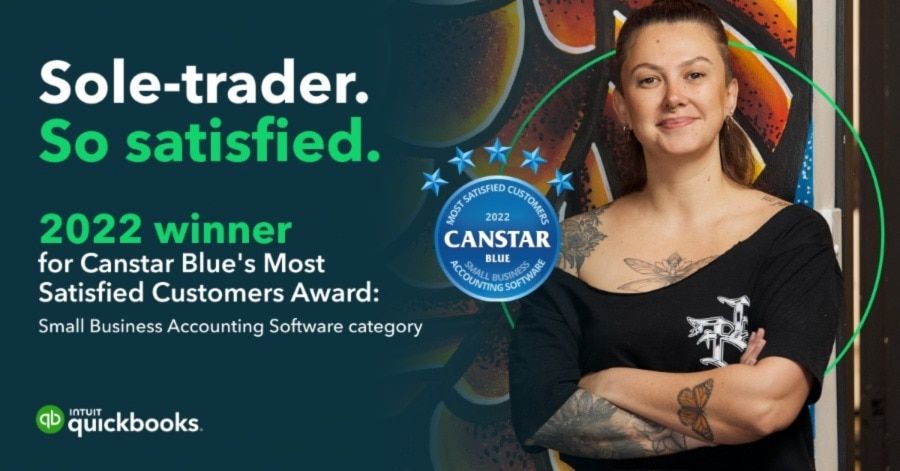Ever wondered how Medicare is funded? Well, this important public health service is actually publicly funded by you. All Australians pay an income tax surcharge, known as the Medicare levy and, in some cases, the Medicare levy surcharge (MLS). You’re probably familiar with the Medicare levy, but the question is, do you need to pay the MLS?

Understanding the Medicare levy surcharge
What is the Medicare levy surcharge?
The first thing to understand is that the Medicare levy and the MLS are two separate charges. However, the revenue from both is used to fund the vital health services that Medicare provides.
If you earn more than $27,068 per year (or $42,805 for seniors and pensioners), then you’ll need to pay a Medicare levy equal to 2% of your annual taxable income.
If your income is lower than this – between $21,655 and $27,068 (or $34,244 and $42,085 for seniors and pensioners) – then you’ll only pay part of the Medicare levy.
The MLS is an additional charge that you may need to pay on top of the Medicare levy. It is used to encourage Australian taxpayers to use the private hospital system and therefore reduce the stress on public hospitals.
Who has to pay the Medicare levy surcharge?
If you don’t have private hospital health insurance and make more than $90,000 per year for singles and more than $180,000 for families, then you are required to pay an MLS.
In saying that, if your family income exceeds $180,000, but you make $21,655 or less per year, then you may be exempt from paying the MLS.
To calculate your income for MLS purposes, combine your taxable income and any reportable fringe benefits, then subtract any investment losses and any reportable super contributions you’ve made.

How is the tax applied?
If you are required to pay an MLS, it will be included with the Medicare levy and listed on your notice of assessment as ‘Medicare levy and surcharge’. The amount changes depending on your income. If you’re:
- Single and you make between $90,001 and $105,000 per year, or a family with an income between $180,001 and $210,000 per year, you must pay an MLS equal to 1% of your taxable income.
- Single and you make between $105,001 and $140,000 per year, or a family with an income between $210,001 and $280,000 per year, your MLS will be 1.25% of your taxable income.
- Single with an annual income of $140,001 or more, or a family with an income over $280,000, your MLS goes up to 1.5% of your taxable income.
Tax considerations for business owners
If you’re a business owner with employees, you may need to withhold additional tax when completing your payroll. Just like when you work out how much income tax to withhold and how much super to pay, you’ll also need to calculate how much to withhold to cover each employee’s Medicare levy so they don’t get hit with an unexpected tax bill.
Use the ATO’s handy tax withheld calculator to work out how much tax you need to withhold, or use accounting software with payroll functionality such as QuickBooks Online. If you make more than $90,000 per year, the best way to ensure you’re exempt from an MLS is to take out a current private hospital health insurance policy. Depending on your income, the health insurance premiums you pay may be less than the MLS payment you’ll need to cover, so you might end up saving yourself money.
Related Articles
Looking for something else?
Stay up-to-date with the latest small business insights and trends!
Sign up for our quarterly newsletter and receive educational and interesting content straight to your inbox.
Want more? Visit our tools and templates!















